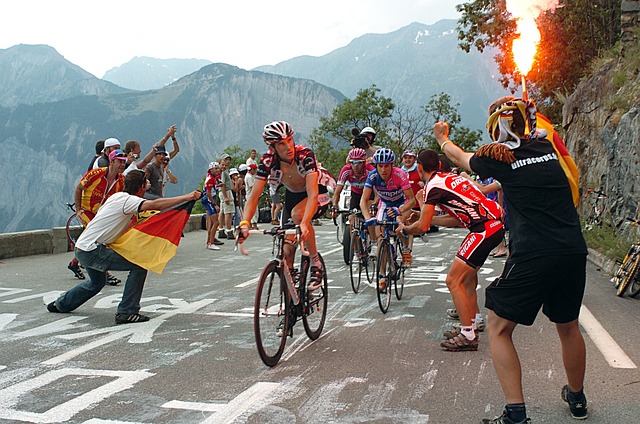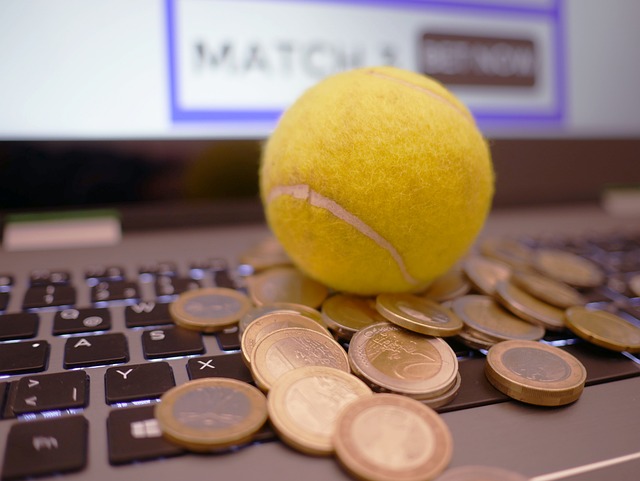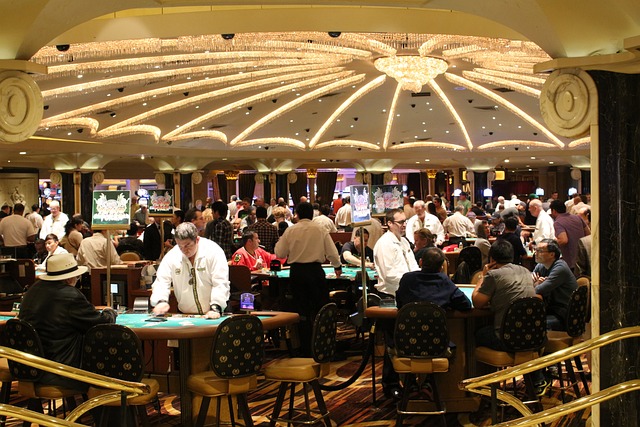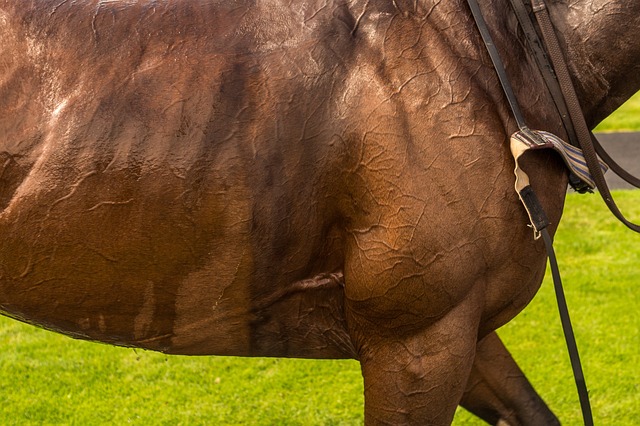
Long before it entered the lives of betting enthusiasts, ancient Greece vibrated with the emotions of its Olympic Games. An event as sacred as it was competitive, where the glory of the athlete intertwined with the ardour of the supporters. There, among the ruins that now only tell the echo of those times, stories arose of daring bets and destinies that crossed on the edge of the purest competitive spirit.
Divine Challenges and Earthly Bets
Dedicated to Zeus, the games were an offering to the gods as much as a stage for the athletes. It was not just strength or speed that was put to the test, but also the ingenuity and cunning of the supporters who, with a clinical eye, bet on the winner. The remaining chronicles suggest that it was not uncommon to see entire fortunes change hands, with bated breath as the race or throw unfolded before an ecstatic crowd.
Between myth and reality – the stories behind the bets
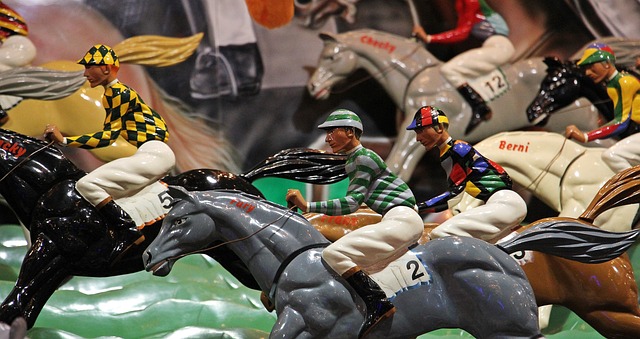
Sometimes, stories take flight and transform into legends. There is a story, for example, of a certain Diagoras of Rhodes, a boxer so formidable that his family became synonymous with victory. Betting on him and his descendants became almost a ritual, with anecdotes describing delirious crowds and wealth amassed in the blink of an eye. But how much of these stories is fact and how much is myth remains shrouded in mystery.
The Social Effects of Olympic Betting
The impact of these games and their associated betting on Greek society cannot be ignored. Otherwise rigid social strata would mingle at the events, with nobles and commoners united by a shared passion for competition. Betting, in this context, was more than just a pastime: it was a social glue, a way to express loyalty to a city-state or an athlete, a phenomenon that demonstrates the complexity of human interaction.
The Legacy and Transformation of Olympic Betting
Time has eroded much of the ancient greatness, but the legacy of Olympic betting endures. Transformed and adapted, it is now finding new life in modern platforms where the ancient thrill of betting lives on in digital forms. This transformation is not just a sign of the times, but a tribute to the immutable nature of man, always seeking excitement and calculated risk, always ready to bet on the next great feat.
Strategy and Superstition – The Art of Betting
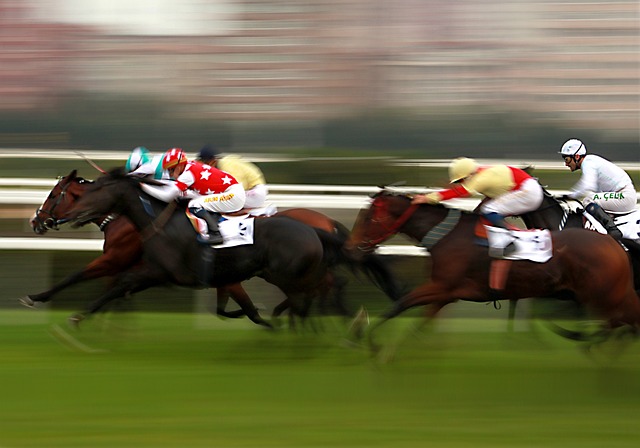
In that ancient world, the art of betting was a refined blend of keen observation, knowledge of the athletes, and a dash of superstition. The most skilled bettors were those who studied the athletes as if they were open books, understanding every nuance, from diet to temperament. At the same time, many relied on amulets or rituals, hoping to gain the favor of the gods. This combination of strategy and hope reflects a deep understanding of human nature, a recognition that, in the game of betting as in life, not everything can always be predicted or controlled.
The Echoes of the Games – Cultural and Historical Influences
The influence of the Olympic Games and their betting extended far beyond the stadiums and arenas. These events resonated in the literature, art, and politics of the time, influencing the very fabric of Greek culture. Poets such as Pindar elevated the victors to demigods in their odes, while statutes and reliefs celebrated both the athletes and the dramatic moments of the competitions. Participation and betting in these games were often seen as an affirmation of identity and prestige, reflecting the ambition and worth of a polis or an individual.

